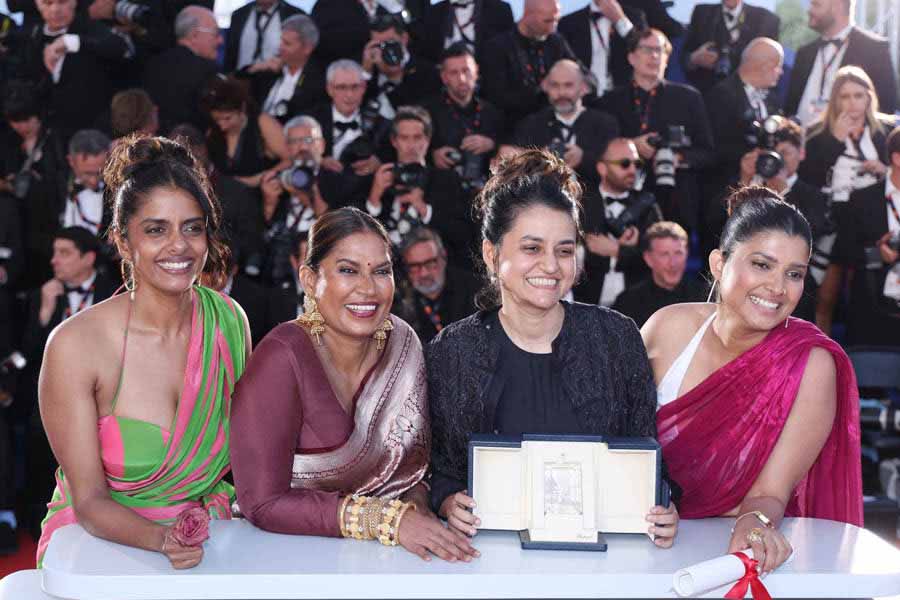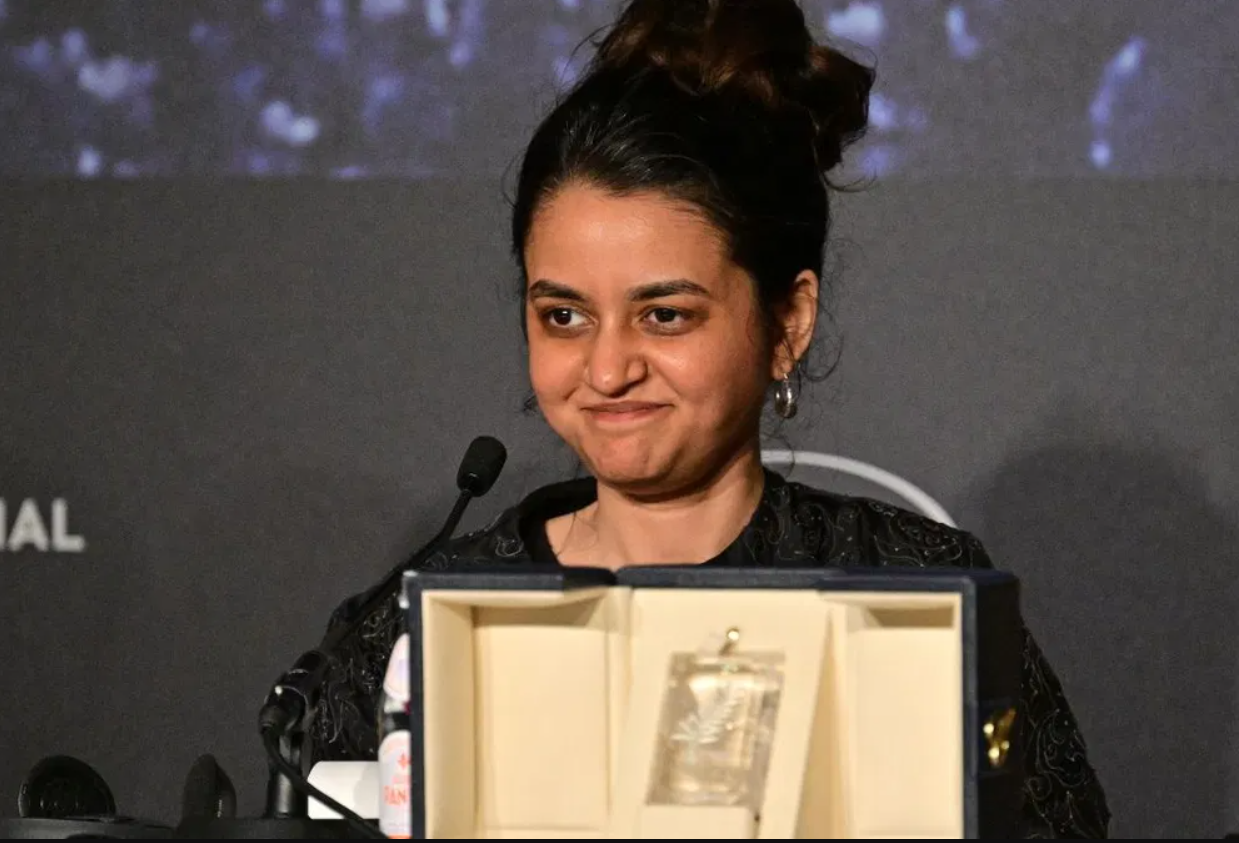Payal Kapadia’s film, “Everything We Imagine as Light,” focusing on the lives of two nurses, received a nomination for the Palme d’Or, the Cannes Film Festival’s highest accolade. While the film secured the Grand Prize, it marked Kapadia as the first Indian to achieve this prestigious honor. This milestone follows a three-decade hiatus since Shaji N Karun’s ‘Swaham’ contended for the festival’s top prize.
Adding to the film’s laurels, the Ministry of Information and Broadcasting accorded “Everything We Imagine as Light” official co-production status as an Indo-French project, in line with the bilateral audiovisual treaty between India and France. Additionally, the Ministry of Maharashtra (Ratnagiri and Mumbai) sanctioned the film’s shooting. Notably, the film received provisional approval for 30% of qualifying co-production expenses under the Government of India Incentive Scheme for official co-productions.

Further spotlighting India’s cinematic talent, Chidananda S Naik, a student at the Film and Television Institute of India, clinched the top prize in The Cinef section for his 15-minute short film, “The Sunflowers Were the First to Know,” based on Kannada folklore. This project, a part of the one-year program production of FTII’s TV wing, showcased collaboration among students from various disciplines, including directing, electronic cinematography, editing, and sound design.
Naik’s creative prowess was further acknowledged when he was selected as one of the 75 creative minds at the 53rd International Film Festival of India (IFFI), an initiative by the Ministry of Information and Broadcasting aimed at nurturing emerging talent in the cinema industry. It’s worth noting that “Bunnyhood,” an animated film by Indian filmmaker Mansi Maheshwari, secured the third prize in the La Cinef Selection category.
In light of these achievements, Kapadia emphasized the importance of storytelling as a means of bridging cultural divides and fostering empathy. Her success, along with that of Naik and Maheshwari, underscores the rich tapestry of talent within the Indian film industry and its growing recognition on the global stage. With each accolade, Indian cinema reaffirms its position as a vibrant and diverse cinematic landscape, poised to make significant contributions to the world of filmmaking.
She emphasized, “There are interesting films being made in India, and I’m only a product of that. There are a lot of films, a lot of interesting filmmakers, and a variety of work that is taking place in all languages and not just Bollywood. Every state has a strong film industry. We (the Indian film industry) have been around for a long time, but for some reason, it took 30 years to be selected.There is just amazing work going on in our country, and I’m really glad that we see the cinema that we do from India.











